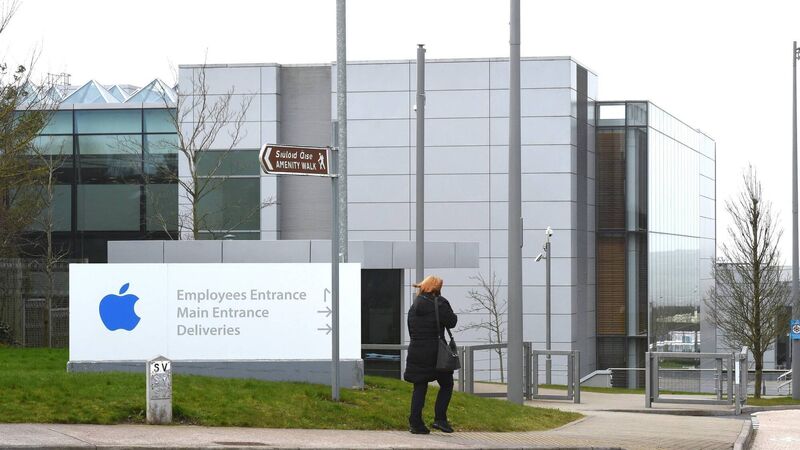Apple and Ireland hit back at EU over €13bn tax bill

At the heart of the Apple case are questions on where value is created and where it should be taxed and concern two Apple units in Ireland. Picture: Dan Linehan
Apple and Ireland hit back at the European Union’s competition watchdog in a €13bn court clash that may help to define the legacy of Competition Commissioner Margrethe Vestager.
At an appeal hearing at the EU’s Court of Justice today, Apple said Ms Vestager’s team made legal errors when they concluded the iPhone maker was given vast amounts of unfair tax aid from Ireland and issued an order to repay the money.











